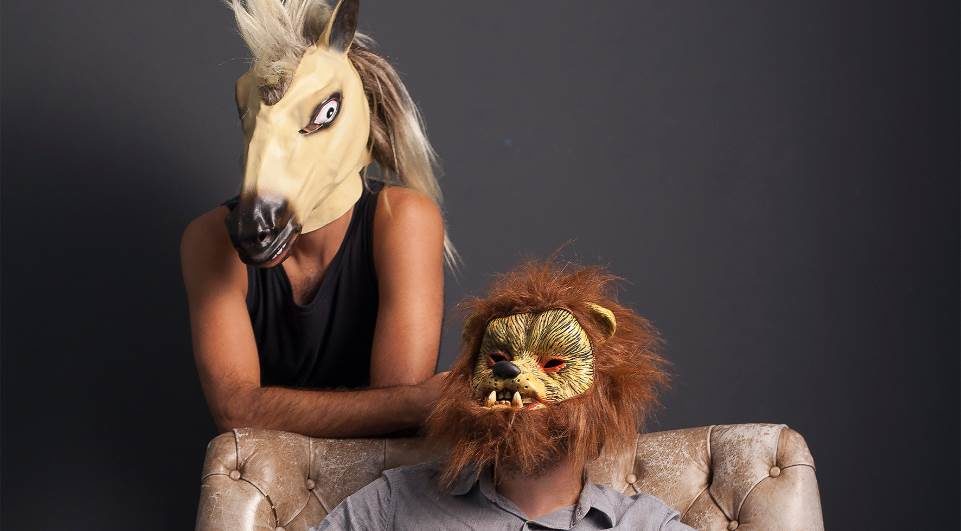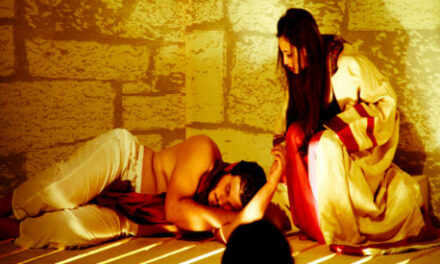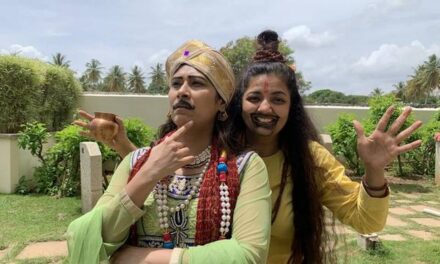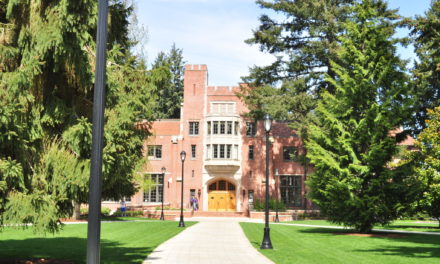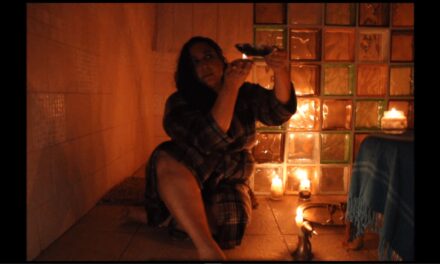Theatre criticism has been going through significant changes since the Internet gave young critics and theatre scholars the opportunity to start publishing their writings about scenic arts in general and specific performances. As an artist, I have been watching closely how these recent practitioners of theatre criticism are leading things through a different path, considering their previous generation. For the last eight years, I have been participating in the activities of the online magazine Questão de Crítica, which gives me a close perspective on a new generation of critics in Rio de Janeiro and some other Brazilian cities from the DocumentaCena group – constituted by the sites Questão de Crítica, Horizonte da Cena and Satisfeita, Yolanda?. We must bear in mind that Brazil is a very big country, so it is practically impossible to talk about it as if we were able to see the whole picture.
The main aspect of this group of critics I have been in touch with is the fact that they are trying to work as a group, as a collective of critics, dealing with all the differences between them. And, as a group, they are collaborating in the creation of a culture of theatre criticism related to contemporary theatre.
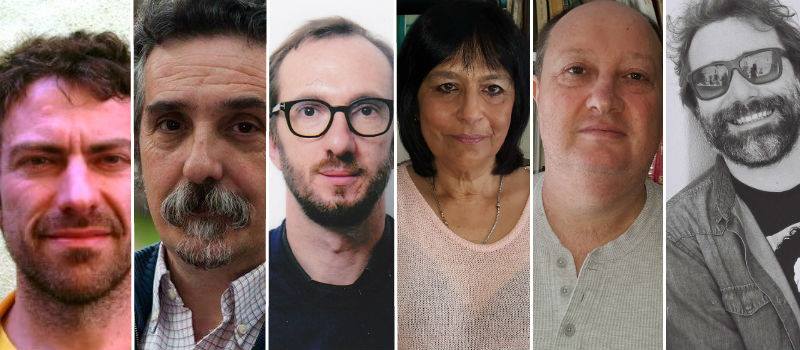
Participants in Idiomas: Óscar Cornago, Jorge Dubatti, Rui Pina Coelho, María Esther Burgueño, Bernardo Borkenstain and Jorge Louraço.
Daniele Avila Small, President of the Brazilian section of the International Association of Theatre Critics, says that “It is not enough to write about plays. There are lots of people writing about plays (and this is very good), but we have to create or to improve a culture of critical thinking. There is a very powerful culture against intelligence, against intellectuality in Brazil. That is something serious, a colonial project imposed upon us, as if it was natural to reject thinking. Critical thinking in theatre is just a part of this fight. Every agent in theatre practice should be engaged in it because it is something we have to do together.”
Their work is not restricted to writing; they are investing their energy into gathering people to talk about theatre and criticism, they are trying to listen to the theatre demands. If we take a look back into Brazilian theatre history we will see that one of the most significant movements of art criticism was also the initiative of a collective of critics, Grupo Clima, composed by scholars in São Paulo around 1940. But they were not only theatre critics and they were all based in the same city.
As the Internet shortens the geographical distances, this new generation of theatre critics have the opportunity to interact despite the fact that they live in different cities. Theatre festivals have also been the places where they can meet, talk and read each other’s writings. DocumentaCena is composed by critics who work specifically in the theatre, living and working in Rio de Janeiro, Belo Horizonte and Recife. They are now working on spreading the area of shared experience to Latin America and other Portuguese and Spanish speaking countries.
The first concrete action of this project is the first edition of an event called Idiomas – Fórum Ibero-Americano de Crítica de Teatro, an international meeting with panelists from several cities of Brazil and also from other countries such as Argentina, Uruguay, Portugal and Spain. From November 11th to 13th, seventeen participants – critics, scholars, journalists, curators, and artists – will discuss aspects of theatre criticism at Caixa Cultural, in Curitiba, a city in the southern part of Brazil which has very interesting theatre artists and groups, but only isolated, discontinuous criticism.
The participants are Jorge Dubatti (Argentina), Rui Pina Coelho and Jorge Louraço (Portugal) Óscar Cornago (Spain), María Esther Burgüeño and Bernardo Borkenztain (Uruguay); and, from Brazil, Welington Andrade, Sueli Araújo, Francisco Mallman, Rodrigo Eloi, Paula de Renor, Michele Rolim, Soraya Belusi, Patrick Pessoa, Mariana Barcelos, Daniel Toledo and Pollyanna Diniz.
“We are connecting critics from the South to the Northwest of Brazil. That is something that rarely happens here, especially to discuss theatre criticism. It is a great chance to deepen our discussions and to improve our performance as critics. Also, it’s important for us to start the exchange of experiences and knowledge with other Portuguese and Spanish speaking critics to reduce the isolation of our work. We intend to evince how criticism is a fundamental part of the artistic process,” says Romagnolli.
From November 8th to 10th, at Teatro Sesi Portão and at CiaSenhas de Teatro, there will also be a showcase of local theatre, the first Mostra DocumentaCena (DocumentaCena Showcase), with debates, a workshop of criticism and dramaturgy, as well as the launching of theatre journals. The curators of the event, Daniele Avila Small and Luciana Romagnolli, have programmed three plays by artists of different backgrounds. They are: Ilíadahomero, chant XIII of the Iliad, with Katia Horn, directed by Octavio Camargo; Os pálidos (The Pale) by Cia Senhas de Teatro, directed by Sueli Araújo; and A maldita raça humana (The Dammed Human Race), with Teatro de Breque, directed by Nina Rosa Sá. The workshop will be given by critic and playwright Jorge Louraço, from Porto, Portugal.
Thus, during the three days preceding the panels, the participants will have the chance to know each other better, to hang out and talk, having meals together and getting to know the city a little. This proposition of conviviality is very theatre-like. Spending time together is something rare these days and theatre needs that. After all, it is something we expect from the spectators, that they will stay with us for a while, without being eager to do something else or to be somewhere else
Idiomas will also be the occasion for the launching of the DocumentaCena website – documentacena.com.br – where one can find the archives of previous festival’s coverages and activities, as well as their latest reviews and news.
The forum will be biennial and nomad – every edition will happen in a different city. This seems a very political proposition for a Brazilian project. If theatre critics are interested in creating a theatrical environment fertile for criticism and debate on a national perspective, they have to change the habit of concentrating efforts in only one or two bigger cities.
The complete (free admission) programme is at the Idiomas website: https://idiomasforum.wordpress.com/
This post was written by the author in their personal capacity.The opinions expressed in this article are the author’s own and do not reflect the view of The Theatre Times, their staff or collaborators.
This post was written by Felipe Vidal.
The views expressed here belong to the author and do not necessarily reflect our views and opinions.

